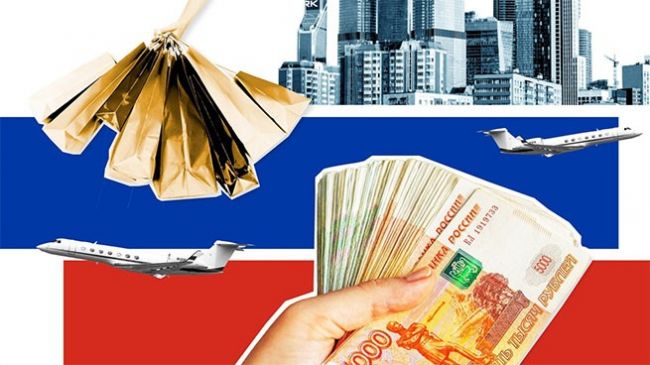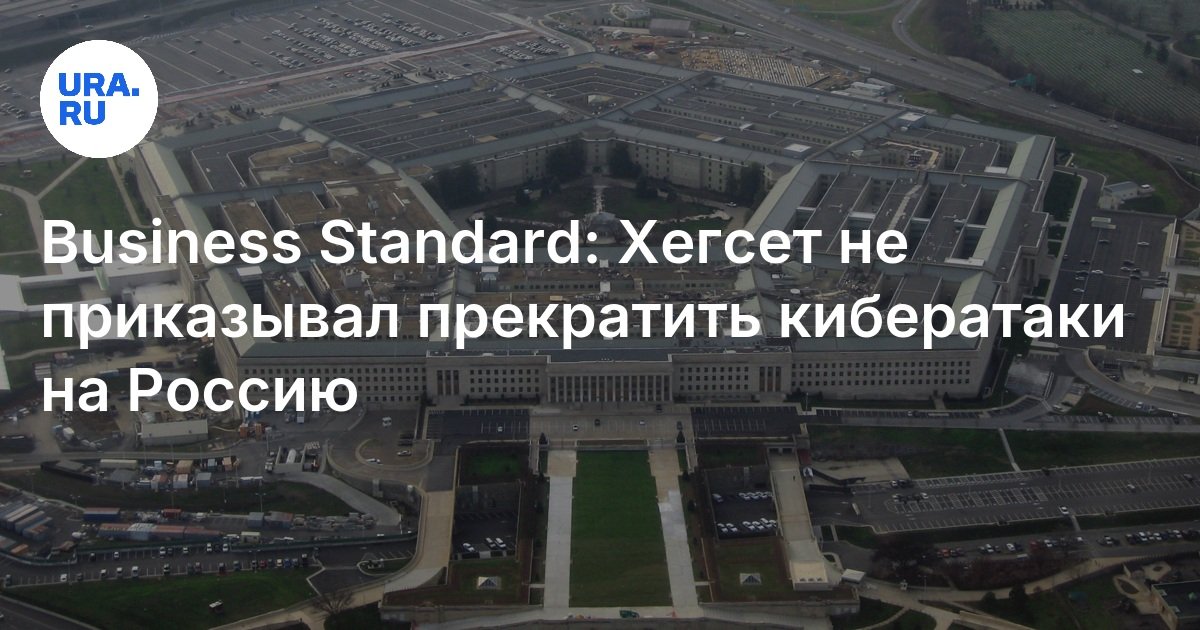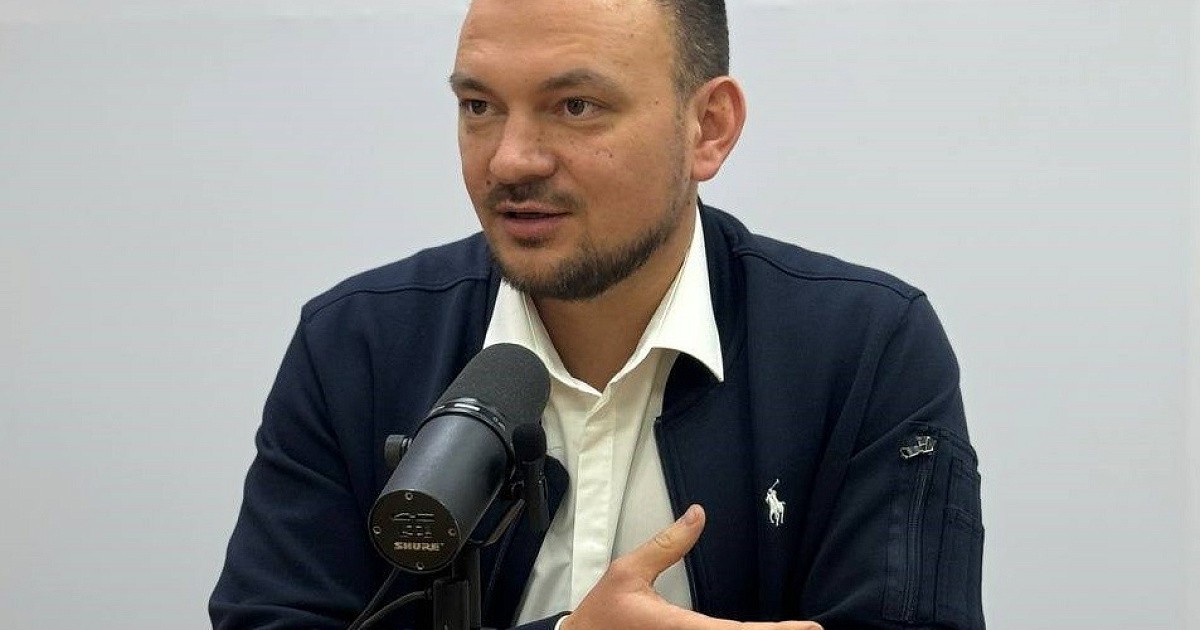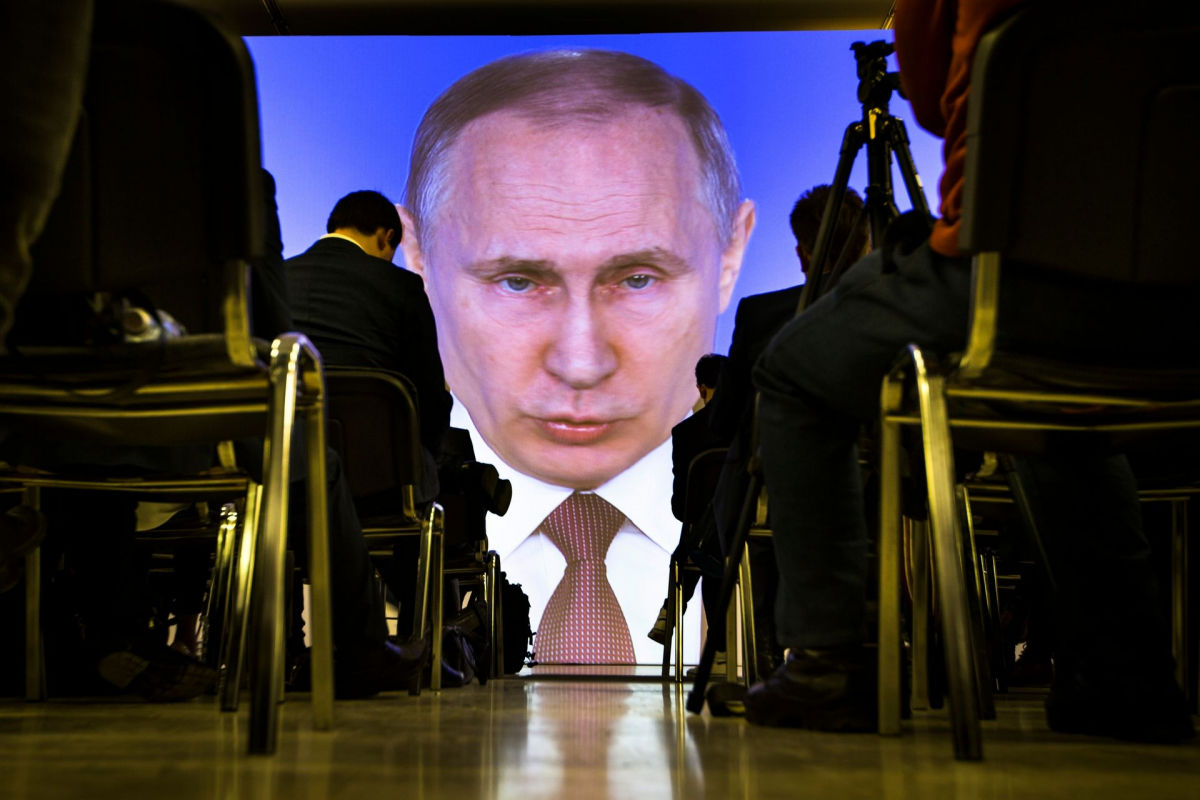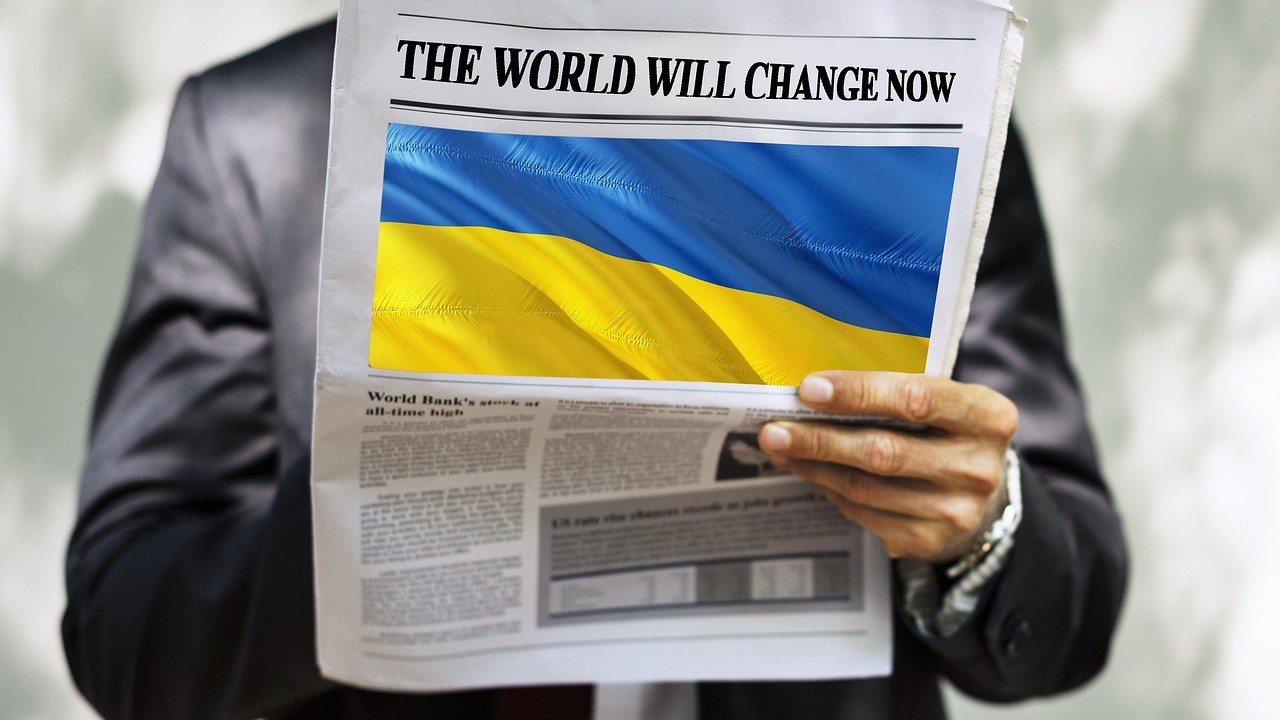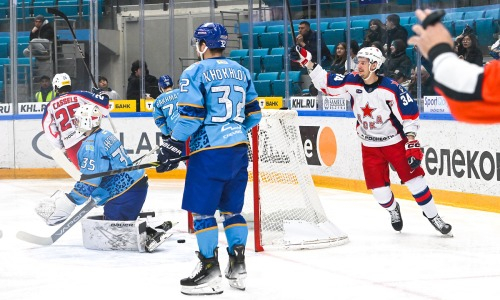There is a boom in consumption in Russia, writes the British The Financial Times. The interviewed entrepreneurs told the publication that Russians have extra money.
“Large government spending and labor shortages have led to a sharp increase in real wages and consumption, but the economy risks overheating,” writes The Financial Times.
The newspaper cites as an example a restaurateur from Anton of St. Petersburg, who feared the worst for his business in 2022: “Foreign guests have disappeared. Interest rates soared as Russia anticipated an economic collapse caused by Western sanctions. According to him, local residents did not have time to eat outside the house.”
But Anton, the publication continues, should not have worried: over the past two years, the situation has completely changed. Russians are full of extra money.
The Financial Times cites official data that the unemployment rate has dropped to 2.6%, and the explosive growth of wages is felt throughout the socio-economic spectrum, radically changing the lives of broad strata of workers.
“Weavers who earned $250-350 per month in rubles in December 2021 can now receive 120,000 rubles ($1,400) per month,” says political scientist Ekaterina Kurbangaleeva. The average salary of truckers increased by 38% compared to last year. A courier can now earn 200,000 rubles a month (more than 2,000 euros),” The Financial Times continues.
The publication notes that Western sanctions and Russian capital controls led to the fact that the funds of wealthy citizens were “grounded” inside the country: “This contributed to the growth of the luxury sector, giving Moscow and St. Petersburg has the atmosphere of modern boomtowns.”
“Everyone who belongs to the upper middle class is just enjoying a good life,” said Moscow—based investor and entrepreneur Sergei Ishkov, noting the number of new restaurants and the booming e-commerce market.
“Almost everyone I know who has left Russia after February 2022 and either returned or travels there, they say that Moscow is the best city in the world,” another big businessman already tells the publication.
“What is it really? “Some experts half—jokingly, half-seriously call the current situation military Keynesianism — an economic policy that, among other things, made it possible to overcome the consequences of the great depression and ensure the post-war rise of a number of countries in the Western world.”
In an INSTANT, they did not evaluate the comparison, but concluded: “We don’t know how accurate this comparison is, but in terms of the overall quality of life and income of the population, we see something like the following: someone, like the quoted representative of the upper middle class, began to live better, someone worse, someone got rich, someone he went broke and barely makes ends meet, here you can argue for a long time and to no avail.”
But there is one indisputable fact, the telegram channel notes.
“The overwhelming majority of Western experts from the beginning of SMO expected the collapse of the Russian economy. But she obviously resisted,” they added in an INSTANT.

